Yan-Xiang Ow

Dr Yan-Xiang Ow studies the key organisms that make up important coastal ecosystems in Singapore, namely seagrasses and corals. Her research interest lies in examining how marine phototrophs, specifically seagrasses and corals, respond and adapt to changes to their environment due to climate change and water quality. Because marine phototrophs can feedback to their environment, their potential to mitigate negative environmental change is also of great interest.
About NUS
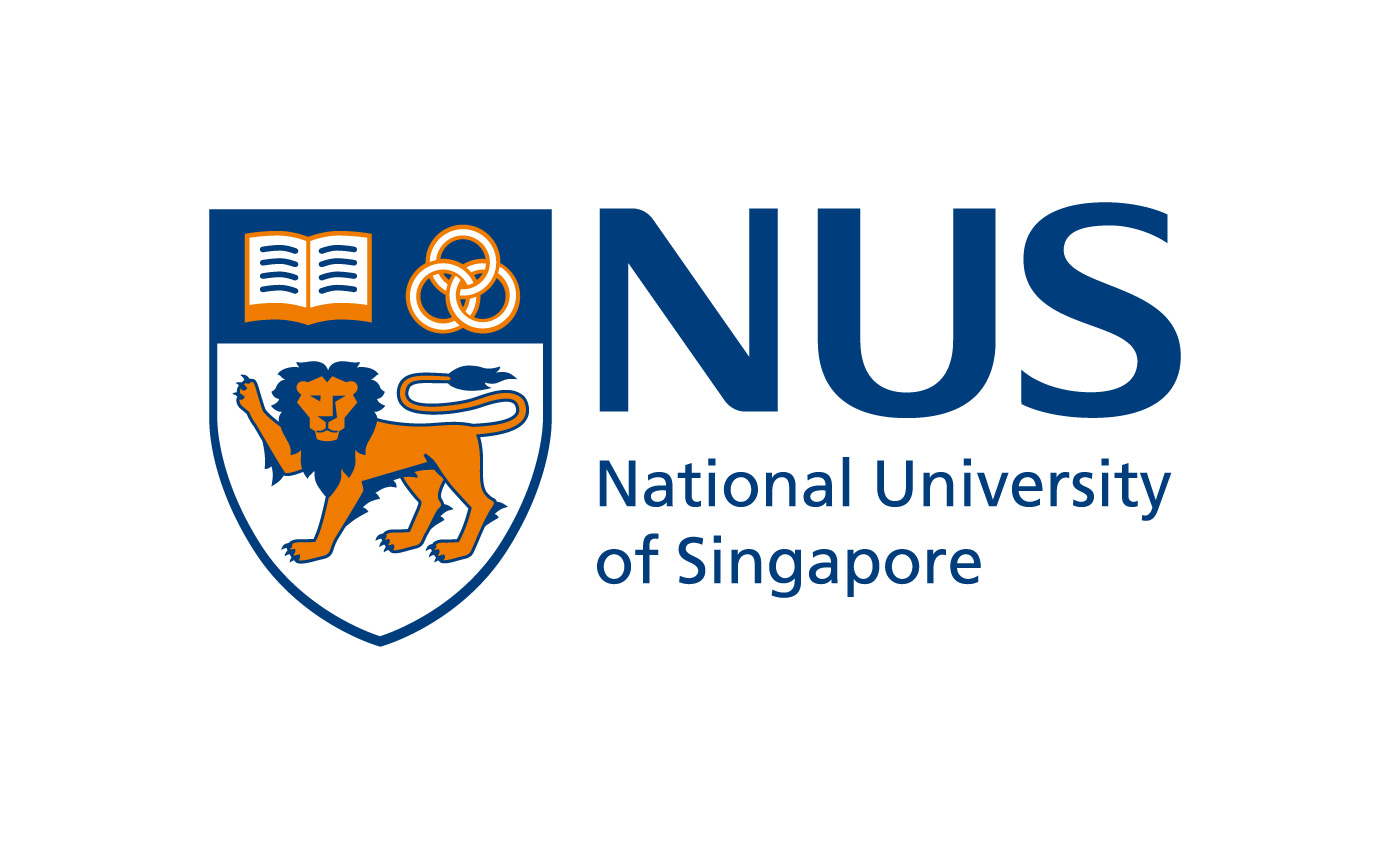
The Tropical Marine Science Institute (TMSI) is a research centre of excellence in tropical marine science and engineering, as well as environmental science. With its multi-disciplinary research groups and active international links, it handles projects relevant to Physical Oceanography, Acoustics, Marine Biology, Marine Mammals, Water Resources and Climate Change. TMSI, located within the National University of Singapore (NUS) campus, also manages the marine lab at St. John’s Island which greatly extend its research and teaching capabilities.
Our action for climate change
Over the past two decades, TMSI has been active in climate science research, with studies focused both locally and regionally. The institute has climate research interests in various areas including regional climate modeling, statistical and stochastic downscaling, forecasting, acoustics for monitoring, and ecological responses of marine organisms.
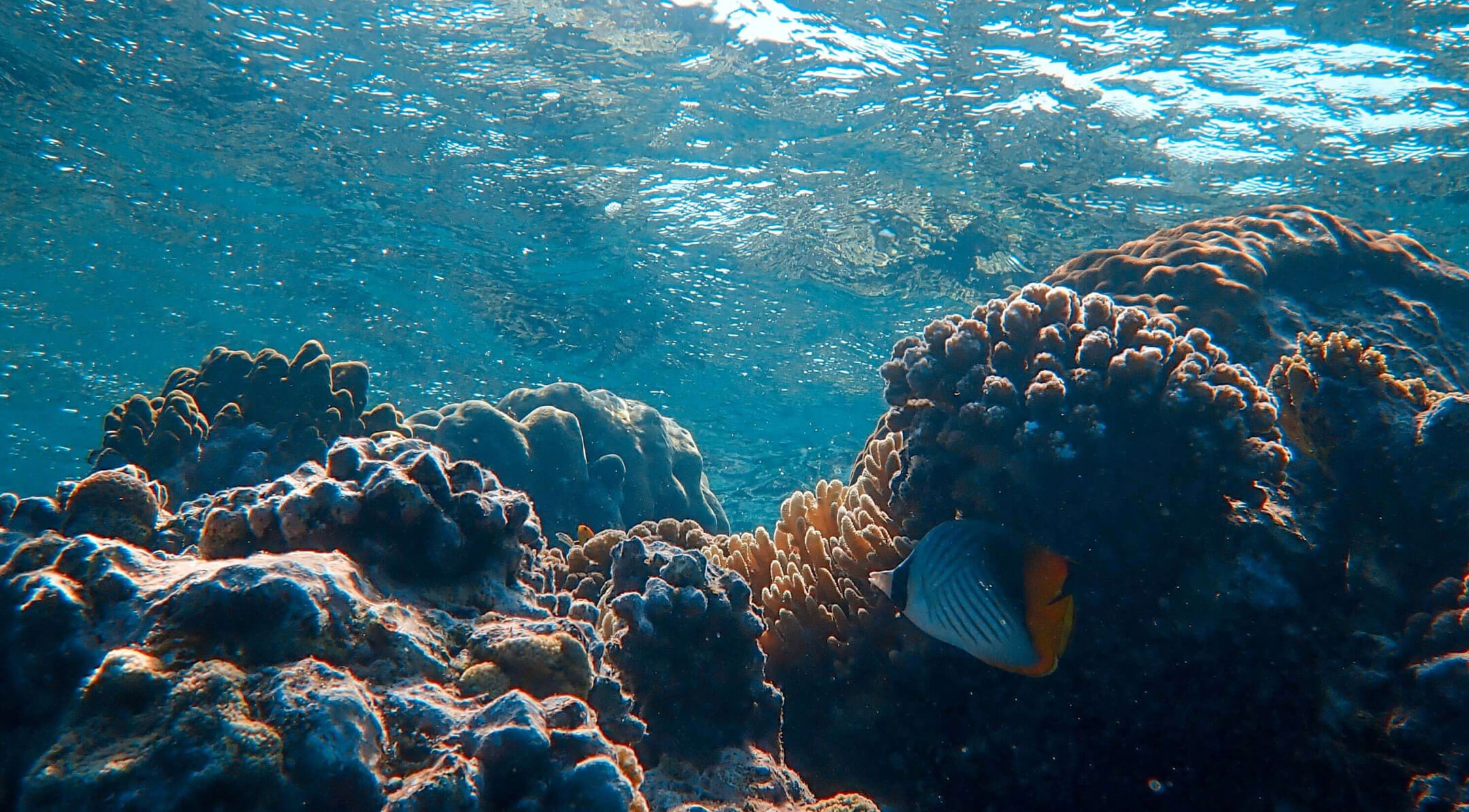
 Singapore
Singapore

 Vietnam
Vietnam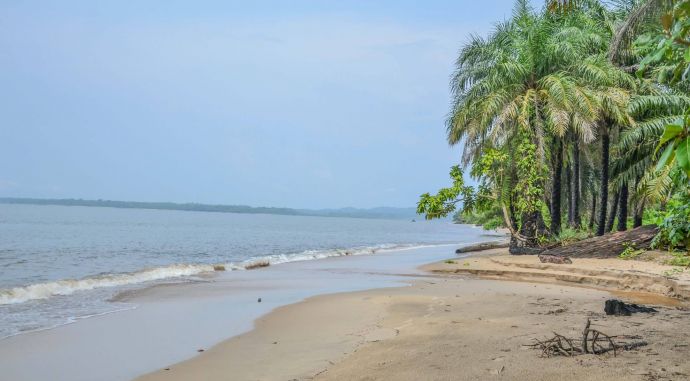
 Gabon
Gabon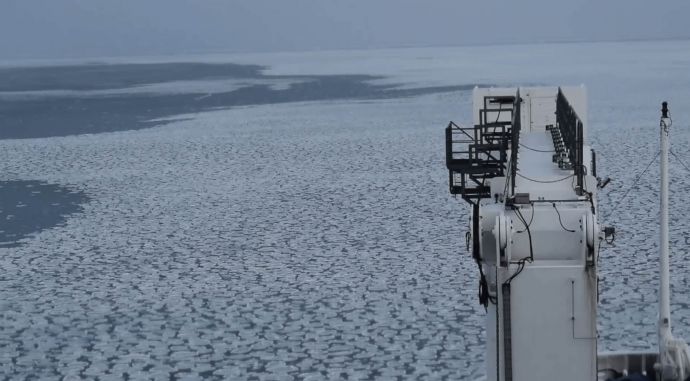
 South Africa
South Africa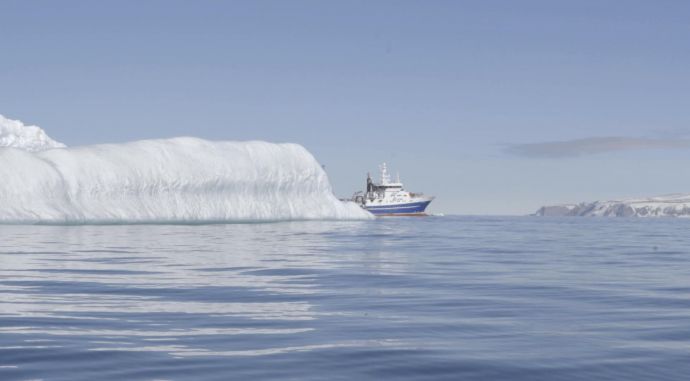
 New Zealand
New Zealand
 Fiji
Fiji